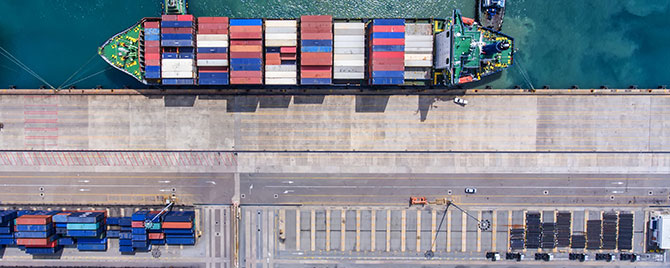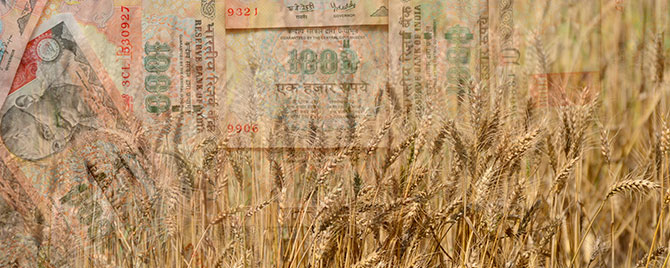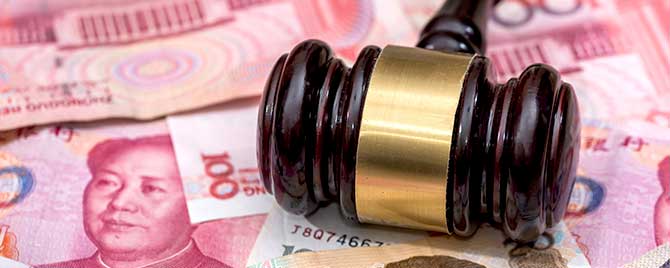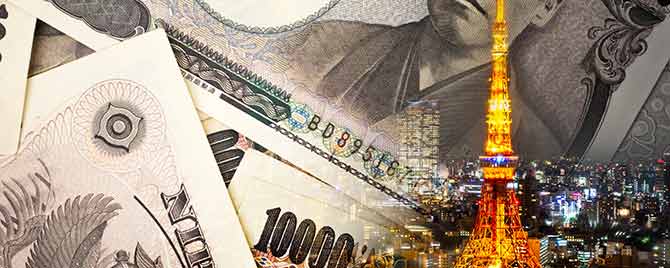Pacific Exchange
-

If You Build It, They Will Lend: Why Japan May Fund More Infrastructure than China
Demand for infrastructure is growing as developed countries replace deteriorating infrastructure and emerging economies invest in new projects. China has attracted significant attention through its One Belt, One Road initiative and the founding of the Asia Infrastructure Investment Bank, but Japan has recently dominated global project finance. With low borrowing costs and limited domestic credit demand, Japanese banks may be best positioned to lead the financing of a global infrastructure push.
-

South Korea’s Efforts to Contain Debt and Housing Prices Take Shape
Earlier attempts to halt Korea’s dramatic increase in household debt missed the mark but recent regulations have succeeded in limiting credit growth and housing price increases. While household loan quality is performing well the earlier parallel rise in home prices and household debt have left lingering fears that the debt burden will be a drag on economic growth, and that a major fall in home prices could create asset quality issues for the country’s banks.
-

Tax Increase Forces Financial Services in India to Adjust
The Goods and Services Tax (GST) implemented this past June is the largest tax reform in India’s history. By creating a federal taxation system, the GST has major implications for the economy as whole and financial services in particular.
-

India’s Farm Loan Waiver Crisis
India’s annual economic growth exceeds 7% and the country just passed sweeping tax reforms. Despite this progress, it faces a growing crisis over farm lending. Farmers are demanding loan waivers that may cost up to 2.6% of GDP. They’ve captured headlines with their protests, destroying milk and agricultural produce, and taking even more extreme measures. Although India’s agricultural sector is in distress, loan waivers are a costly, temporary solution to complex problems and will likely further strain the country’s public sector banks, already stressed by asset quality problems.
-

Taiwanese Banks Venture South
Banks from Taiwan are expanding across the Asia-Pacific in a search for yield. The initiative has the potential to boost the financial position of Taiwanese banks, but overseas expansion also brings new risks and challenges.
-

China’s Recent Efforts to Deal with Stressed Loans
The pace of stress loan creation in China has slowed recently, partly reflecting efforts to dispose nonperforming loans and to restructure corporate debts. These programs aim at strengthening the banking sector, but will likely weigh on bank earnings and capital levels in the short run.
-

China’s A-Shares Join the MSCI Index
On June 20th, MSCI announced the inclusion of Chinese A-shares to its widely followed emerging markets index. MSCI’s decision to add China, albeit gradually and as a small proportion of the total index, represents a major breakthrough for China’s onshore stock markets.
-

Large Japanese Capital Flows Pose Risks to the Asia-Pacific
Japanese investors have long been known for their overseas investments. Following the 2013 onset of the Bank of Japan’s extraordinary monetary policy, the country’s pace of overseas investments has accelerated even further. While Japanese investors have been buying assets around the world, several Asia-Pacific countries have experienced particularly large capital inflows, exposing them to future changes in Japan’s economy and monetary policy. Among them, Thailand and Australia stand out as having high exposure to Japan.
-

China Looms Large in Global Green Bonds
Green bonds are a creative response to the challenge of financing environmental protection efforts. While the global green bond market has grown at a rapid pace, China has quickly emerged as the largest issuer of green bonds.
-

Demonetization Is Catalyzing Digital Payments Growth in India
Nearly six months after India’s momentous demonetization, the government continues to expand options for digital payments to reduce the economy’s dependence on cash. While old habits die hard, recent data show that new digital payment methods are building momentum. These innovations offer simple, universal tools that may help India leapfrog older technology to reach a less cash-intensive future.